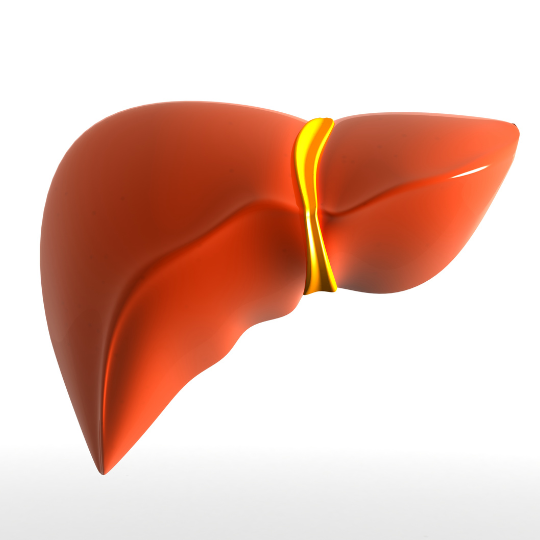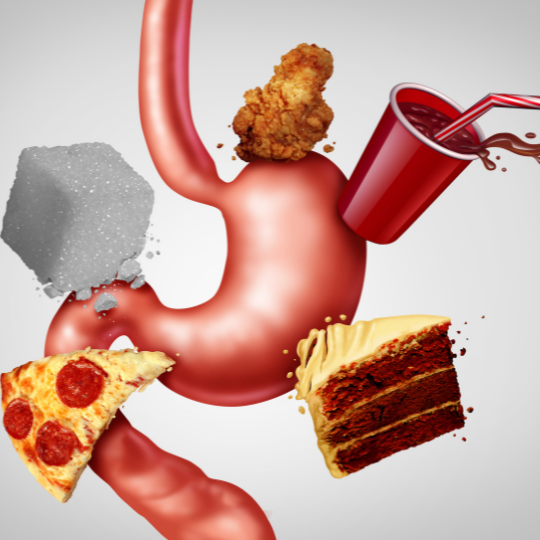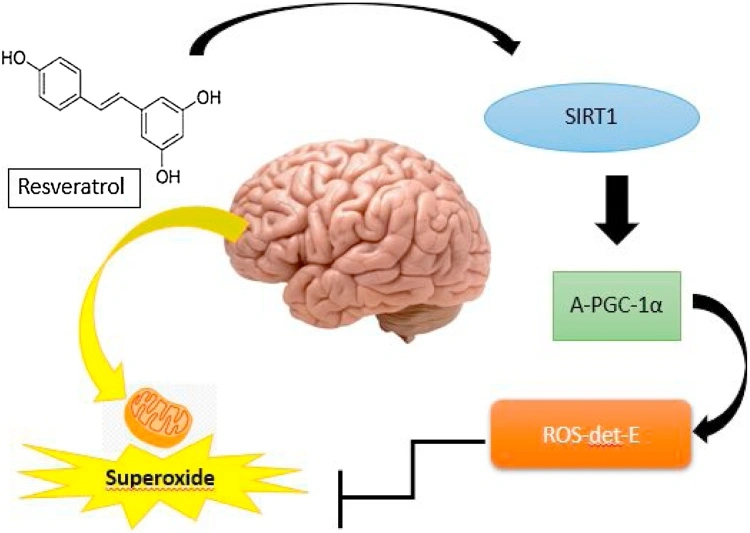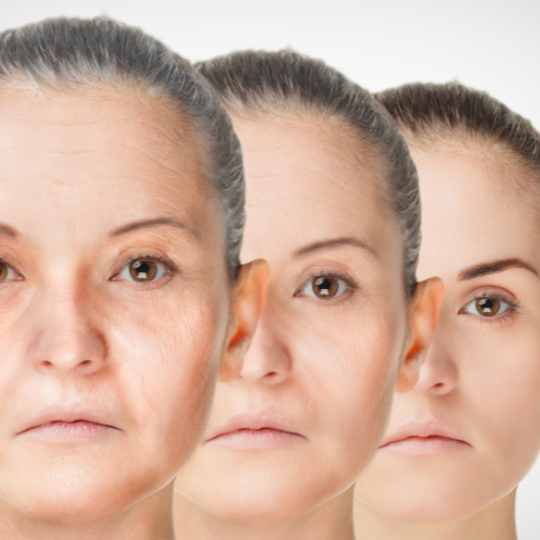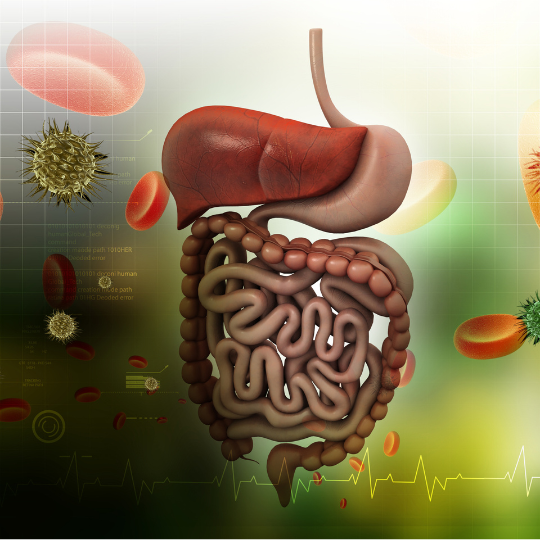Low-dose, acute stress
Hormesis is the idea that exposing the body to a variety of stimuli in small, controlled doses can actually have beneficial effects on health. It’s the idea that a little bit of stress on the body can actually make it stronger, similar to how lifting weights can stress the muscles and make them stronger. This occurs via the adaptation post stress exposure that the body goes through. Hormesis even happens in the world of plants.

Hormesis Examples
One example of a stimulus that can have positive effects on the body through hormesis is temperature. Cold exposure, such as taking cold showers or spending time in a cold pool, can have a number of benefits. For example, cold water immersion has been shown to improve blood circulation, reduce inflammation, and even boost the immune system. Cold exposure mechanisms are varied and they also include the formation of brown adipose tissue, but overall the body’s core temperature rebounds, so that metabolism increases, alongside secretion of catecholamines that prompt one for action.
Another example is movement. Engaging in regular physical activity, such as lifting weights or going for a run, can put stress on the body and trigger hormesis. This can lead to improved physical fitness and overall health benefits, including a stronger immune system and a lower risk of chronic diseases like diabetes and heart disease. A depressed chronic heart rate, an increased baseline heart rate variability and more elastic blood vessels bathed in increased levels of nitric oxide are just a few of the adaptations that occur with regular physical activity.

Breathing is yet another example of a stimulus that can trigger hormesis. Alternate nostril breathing, for instance, has been shown to have a number of benefits, including reducing stress and anxiety, improving sleep, and even boosting brain function. Additionally, hypoxic or hyperoxic training, that is varying the amount of oxygen breathed in under various levels of physical activity, triggers various levels of metabolic adaptations in the pathways to creating cellular energy, as well as oxygen transport throughout the body and sympathetic/parasympathetic nervous system activation.
Finally, light is another stimulus that can have hormetic effects on the body. For example, exposing the skin to sunlight can trigger the production of vitamin D, which is essential for bone health and immune function. Additionally, spending time in nature and exposing the eyes to natural light has been shown to improve mood and reduce stress. Conversely, immersing oneself in darkness as the sun sets entrains physiology to natural circadian rhythms, optimizing genetic expression and metabolic fluctuations throughout the day, as for example in cortisol levels. As light is the main ‘zeitgeber’ for circadian rhythms, it is probably the main stimulus that can be varied throughout the day.
These are just a few examples of the many stimuli that can have hormetic effects on the body. Other examples include fasting, which can improve insulin sensitivity and increase lifespan, and even social interaction, which can boost mental and emotional well-being (assuming a fed & isolation baseline state from which the fasting & social interaction hormetic variation occurs).

Why hormesis matters
So, why is hormesis important? By exposing the body to a variety of stimuli in small, controlled doses, we can actually improve our overall health and well-being. This can help us to live longer, healthier lives, and possibly even reduce the risk of chronic diseases.
Of course, it’s important to remember that hormesis works best in small, controlled doses. Overdoing it with any stimulus can have negative effects on the body. It’s also a good idea to consult with a healthcare professional before making any significant changes to your routine or exposure to stimuli for a soft hormetic landing.
Overall, hormesis is an exciting area of research that suggests that a little bit of stress on the body can actually be a good thing. By exposing ourselves to a variety of stimuli in small, controlled doses, we can improve our health and well-being in a number of ways. So the next time you’re considering taking a cold shower or going for a run, remember that it might just be good for your health!
